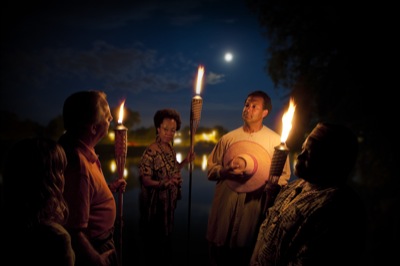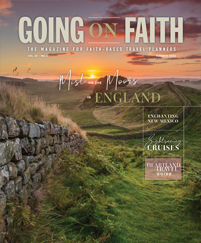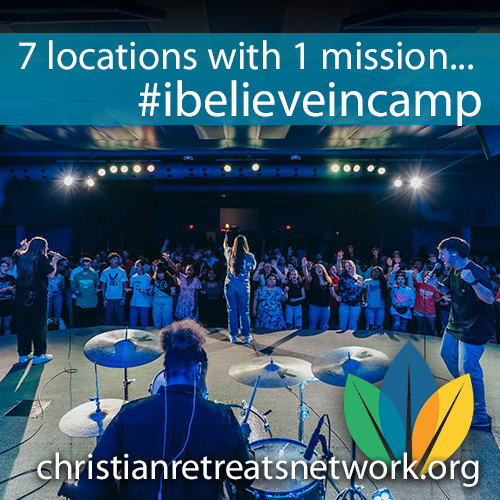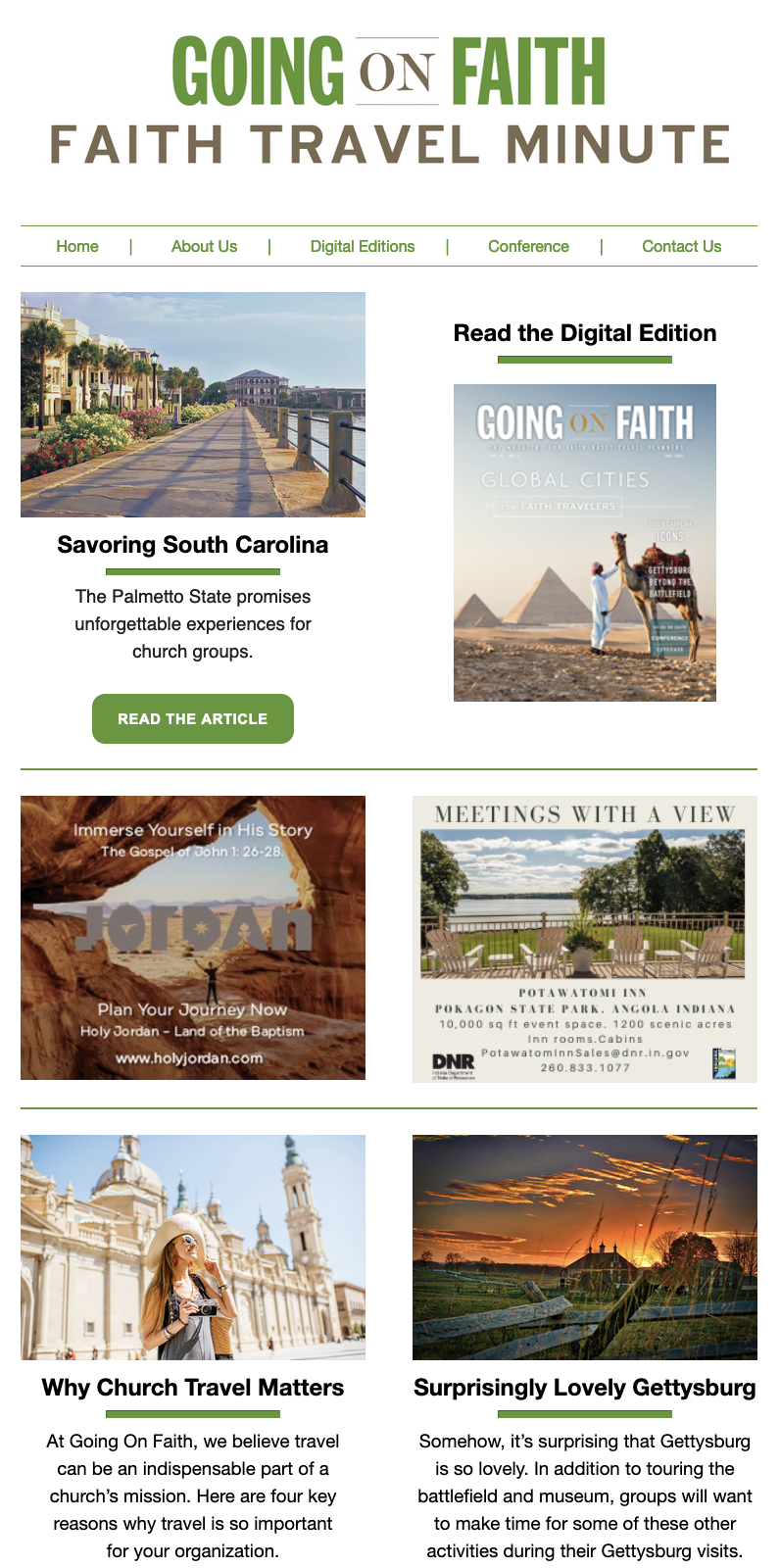
Richmond, Virginia has a well-deserved reputation as one of the grand dames of the American South. Once the capital of the Confederacy, for centuries the capital of Virginia and steeped in a long tradition of Southern elegance, Richmond is a city that seldom needs an introduction. Hundreds of faith-based travel planners who are making plans to attend the Going On Faith Conference Aug. 23-25 are looking forward to visiting Richmond for that very reason.
And as much as Janie Lawson, the tourism sales manager for the Richmond Convention and Visitors Bureau, is looking forward to showcasing that cherished heritage, she is also excited about putting a contemporary spin on her venerable hometown when 400 to 500 delegates converge there for America’s largest gathering of religious travel planners.
“Our footprint in American history is unmistakable and is one we’re very proud of,” Lawson said, “but we’re also looking forward to showing these important travel planners what we are today and what we’ll be tomorrow. In addition to Civil War sites and battlefields, we’re excited to be showcasing our ballet, dinner theaters, and festivals and events.”
Delegates to this travel industry event will get a full complement of Richmond’s past and present, according to Lawson.
“We’re hosting two evening events for your delegates,” she said. “The first will be at the Science Museum of Virginia, and the second will be at the Lewis Ginter Botanical Gardens. Those are two of our most popular contemporary attractions.”
The Science Museum of Virginia is the state’s most respected hands-on facility for science education. And it’s fun. Complete with an Imaxdome, live animals and cutting-edge technology, this state-of-the-art complex will be a great place for an opening evening.
The Lewis Ginter Botanical Garden is perhaps Richmond’s most beautiful 50 acres. Designed for visits year round, this horticultural showpiece understands groups and hosts hundreds of tours each year. It offers guided tours, handicapped access, a dining room and a classic-style domed conservatory filled with brilliant plants and displays.
“For our Civil War buffs, we’ll also be doing local sightseeing tours to many of our sites from that period,” said Lawson. “So at the Going On Faith Conference, I think we’ll have something for everyone.”
“We don’t sugarcoat our history here,” said Lawson. “When you look at our history, you’ll see that we were the third point of the three points of the slave trade into America. The first two were Africa and England. But that’s part of America’s history, and it’s something none of us can afford to forget.”
But Richmond has a religious heritage as well that includes a prominent place in the freedom of religion that still exists today in America.
“Most people don’t know that the Freedom of Religion Act was written here in Richmond,” said Lawson. “Through colonial times in this country, the Church of England was the only church allowed here. The Freedom of Religion Act was adopted after the Declaration of Independence and gave Americans the choice of other churches at which to worship. And Jefferson Davis was worshiping at a church here when he was interrupted to be told that the Union forces had broken through at Petersburg and were coming to Richmond.
“Another piece of religious history here involved Pocahontas. Pocahontas converted to Christianity and married John Rolfe here. She then went to England in 1616 as one of America’s first ambassadors to England.”
The Richmond Convention and Visitors Bureau has a complete chronology of Civil War dates on its website. The well-known terminology “on to Richmond” comes from the battle cry of the Union forces as they sought to capture the Confederate capital, and on Richmond’s website, group planners will find itineraries, special events and other useful information on Civil War history and the upcoming Civil War Sesquicentennial observances in Richmond and Virginia. The sesquicentennial begins this year and runs through 2015.










